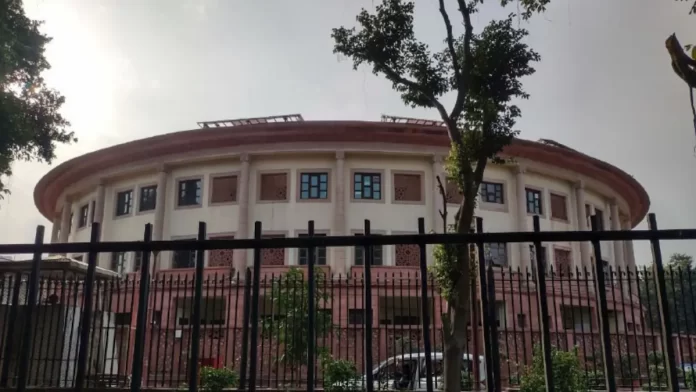What’s the importance of a constitution in today’s times? Why do countries have constitutions? Have you ever wondered about the justifications and importance of the constitution? Read this to learn more.
What is the Importance of the Constitution?
Today most countries all over the world have some sort of written constitution acting as a grundnorm for all their laws and regulations.
In addition to elaborately mentioning an individual’s basic rights and obligations, most constitutions also provide for an overarching enabling framework for the government and its instrumentalities to operate smoothly.
While many constitutional scholars have delved in detail over the functions, utilities, and importance of the constitution in modern democracies, many justify having them using some interesting arguments.
Coordination and Assurance
The importance of the constitution lies in ensuring coordination not only amongst different organs of government but also amongst different groups of citizens.
Constitutional scholars argue that a good constitution lays down some basic set of rules of governance agreed upon by people coming from diverse backgrounds, races, languages, cultures, etc residing in the territory of that nation.
Specifying the Decision-making Powers
Another importance of the constitution lay in specifying and demarcating the decision-making powers of the government. In other words, this may be called as separation of power doctrine.
Constitutionalists also argue that a constitution specifies the decision-making powers of the different organs of the state namely the legislature, executive, and judiciary in a manner to avoid conflict and too much concentration of powers in one hand.
For this purpose, most constitutions also contain some limits on the exercise of the discretionary powers of the state.
Common Aspirations and Goals of a Nation
Many constitutions justify the importance of the constitution by pointing out that it charts out the collective goals and aspirations of a nation in creating a just, egalitarian, and democratic society.
For instance, in the case of India, such have been laid down in the preamble and Part IV of the constitution as the directive principles of state policy.
Protecting Minorities from Majoritarian Politics
A constitution also lays down some basic and fundamental human rights for all its citizens.
These rights are entrenched by the constitution in a manner that makes them non-encroachable by the state in ordinary circumstances.
Another object for doing this is to also protect minorities from the caprices of majoritarian politics.
Critique of the Importance of Constitution
There are many more justifications for the importance of the constitution and have been elaborated on and critiqued at length by scholars like Andrei Marmor.
However, just having a constitution in theory in and of itself is no guarantee to ensure that the government would always honor its constitutional obligations, abide by the limitations placed on its legislative powers, respect people’s rights and act in a non-partisan manner towards all its citizens without any arbitrary discrimination.
Historical experiences show that in absence of an educated and informed citizenry, even the strongest of constitutions may prove deficient and fragile.
Similarly, even a democratic polity makes little sense if it is not utilized by people justifiably. In the words of Chief Justice of India N.V. Ramana, “the mere right of the public to change the “ruler” once every few years by itself need not be a guarantee against “tyranny”.
Regarding the argument that a constitution ensures coordination amongst different organs of state, specifies decision-making powers and places limits thereto, this too makes little sense in absence of a will and determination of concerned stakeholders to honor such pre-defined constitutional conventions.
In most democracies including the United States, United Kingdom, and India, one can regularly find different organs of state encroaching on each other’s powers.
Both judiciary and legislature are often accused of overstepping their constitutionally defined mandates.
Depending upon the circumstances both love to wade into each other’s waters. In the case of India, the tussle between the Centre-appointed governors and democratically elected state legislatures is a never-ending one.
Hence, this justification of coordination between different organs also does not always hold good.
Next, though a constitution may define some common aspirations and goals of a nation, politicians may not honour that in practice.
At certain times one can find mismatch between what the constitution says in theory and how it is acted upon by politicians, governments, and their instrumentalities in practice.
Conclusion
To conclude, regardless of the importance and robustness of a constitution, its mere presence as a legal grundnorm in and of itself cannot always ensure a law-abiding government that respects and protects people’s rights and liberties all the time.
In absence of an educated and informed citizenry even the strongest of constitutions may prove deficient and fragile.
Suggested Reading| Constitutional Law Class Notes
